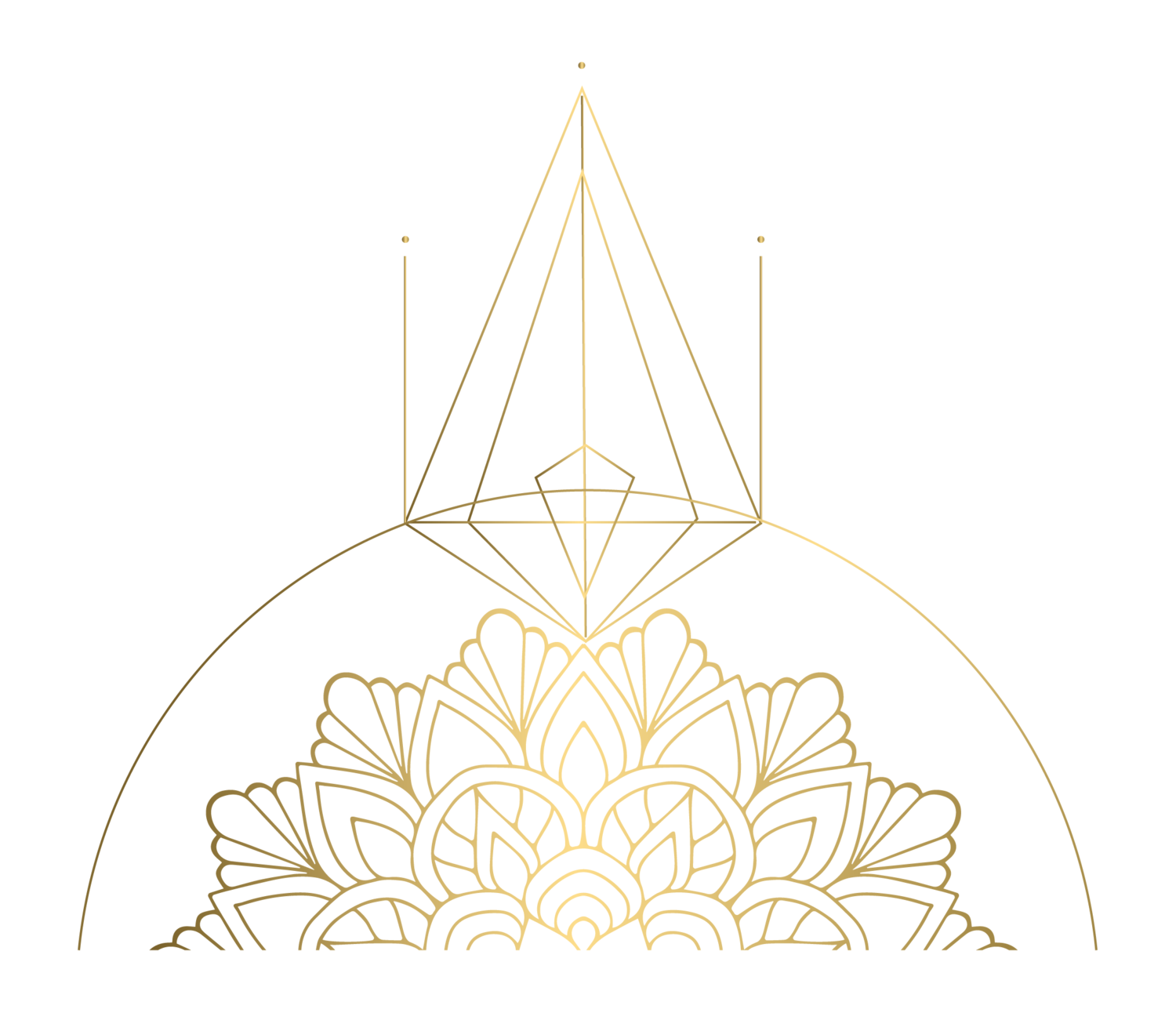We’re all familiar with the obvious ways addictions can show up: recreational drugs, alcohol, food, sex and drugs
Those can bring us into dark territories and serve to numb and sedate us, and fill an inexplicable void.
Then there are the innocuous ones like coffee and work which are typically normalized and not so extreme
But what about the ones like love, sugar, social media, technology, adrenaline or feeling bad about ourselves?
In the past few years, my diet has become a lot cleaner. As I venture farther on my spiritual path I’ve stopped imbibing in alcohol and any sort of drugs as my body becomes more sensitive and as I stop partaking in normalized social behaviors. When I worked a full time job, it was expected of me to grab a drink with coworkers, or friends after works, or even clients. Alcoholism seemed so embedded in our social etiquette and in our coming of age narratives too. Everyone thinks of college as the time of experimentation with drugs, alcohol and sex.
Although I’ve gone months to a full year sometimes cutting out alcohol, drugs and/or sex, as my life becomes cleaner it forces me to re-evaluate where “softer” addictions still occupy spaces in my life and why it is that society normalizes these addictions, as well as what I’m trying to distract from by using them.
For instance, I’ve recently cut out sugar as part of a preparatory cleanse. This made me conscious about how sugar is literally in everything. For a day or two I felt depressed because I couldn’t engage in my life normally. With cutting out caffeine entirely, too, (I haven’t had any coffee in years but I do like green tea and matcha), my life drastically change and took on a new consciousness. I had to read food labels carefully. I couldn’t go to “grab a matcha” whenever I was feeling antsy at home or to distract from how tired I was some days. Without sugar, I quickly realized how hard it was to eat out, even at healthy vegan restaurants. Even my salad dressing has maple syrup in it!
Beginning in January I also stopped dating entirely and deleted every dating app. I started to realize how much of my time/energy/attention was being sapped by just scrolling through dating apps when I was bored. This was time that could’ve been spent on myself, instead it was spent swiping. I also took a break from all social media for a few months and did a technology cleanse for a few days. It became more apparent how inextricable it all is to our functioning- our addictions become essential to being productive in our lives.
I noticed I also had a habit of trying to make myself feel bad about myself. I used to be codependent, and codependency is an addiction. When we are addicted to narcissistic dynamics, we are obsessed with feeling bad about ourselves or finding ways we are dysfunctional or unlovable. This pattern felt so much a part of my life because it was modeled after caregivers that I didn’t even recognize it as an addiction I could free myself from.
All of this is making it clearer for me to see where it is I’m still “dependent” and where I have absolute autonomy in my life. The wonderful thing is that the more we take control over these aspects and clear our more addictions, more ways we give away our power, the more confident we feel in our lives. It is directly related.
I write this to encourage you to take inventory of your life too. How much of it is based on forms of addiction? What is it that you’re distracting yourself from, and what is it filling in your life? Often times we default to addictions because of unhealed patterns, not to mention addictions fill the spaces between the connection with ourselves. When we avoid things, we usually opt for addictions, even if it’s just anxiety that we’re smoking or drinking away. Maybe it’s loneliness and emptiness that fuels someone to engage in compulsive sex or dating. Some of these patterns of behavior feel so normalized in modern day, but that doesn’t mean that they’re adding to our health and happiness. In fact, I’d argue that they’re drastically decreasing our wellbeing. These mechanisms serve to sever our connection to ourselves more.
The more addictions I clear out, the more I notice more of what I’m suppressing in my emotional body. Although I’m well aware of my internal processes at this stage of my life, I get to see more nooks and crannies so to speak, the more I rid of these coping mechanisms. This is difficult, but this is the challenge of being human and the clarity, self control that’s achievable on the other side is well worth it, in my mind.
